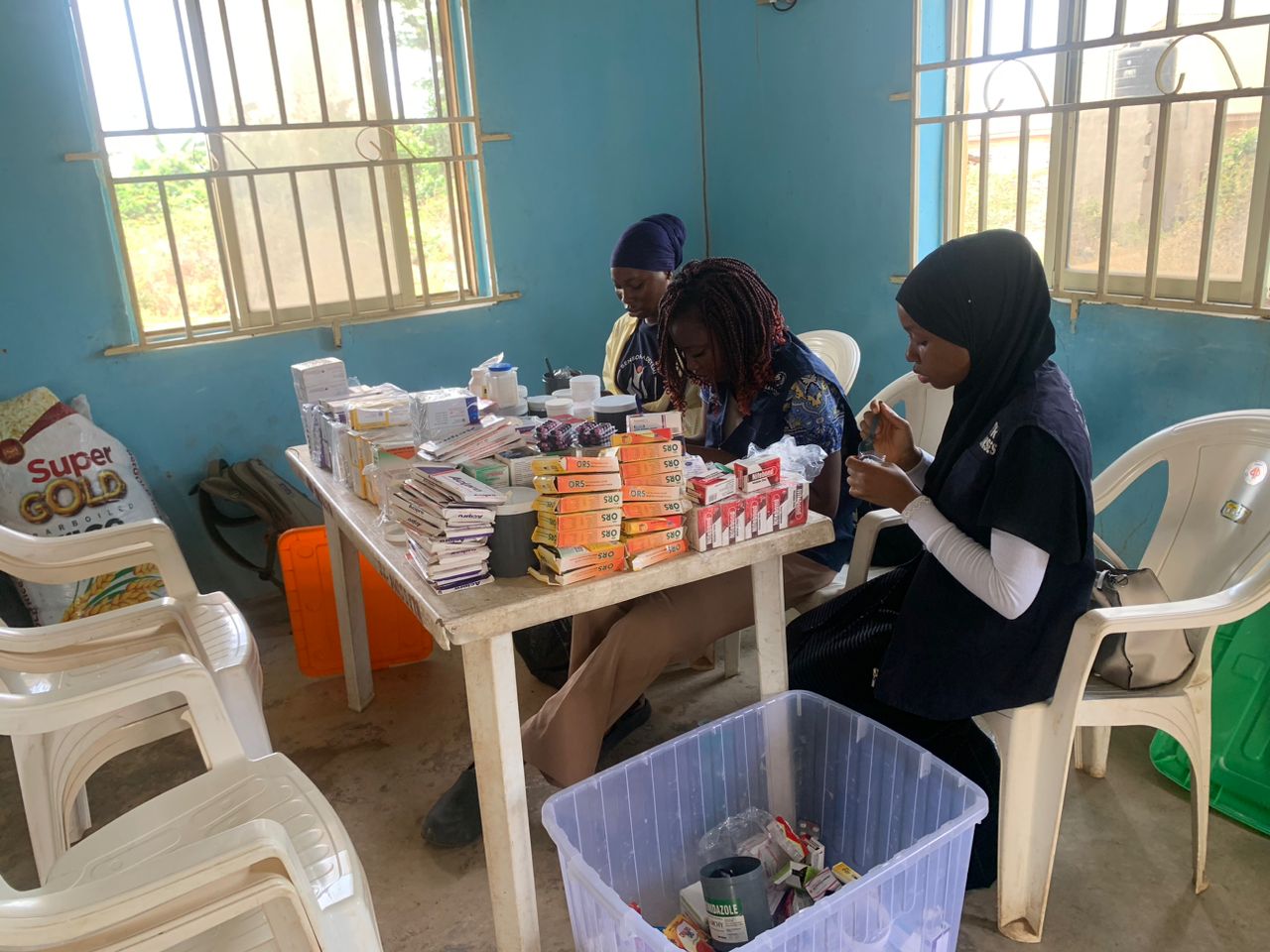Nigeria’s Accident Investigation Bureau (AIB) has released the final report of past crashes, thus bringing to 31 the final report, released under the management of Mr Akin Olateru, since he took over the running of the bureau in 2017, including that which involved the vice president, Prof Yemi Osinbajo.
Speaking in Abuja on the release of what he called four occurrence reports while describing safety as very crucial to the bureau, with investigations geared towards ensuring safer airspace in Nigeria and in the region, identified the released reports as “the strong foundation on which safety of the aviation industry is built and timely release of these reports is as critical as Accident Investigation itself. The purpose of accident investigation, however, is not to apportion blame or liability but to prevent future recurrence of similar incidents.
“Since the inception of this administration at AIB, we have been able to keep to our promise of ensuring timely release of the accident and serious incident reports. We have before now released 27 final accident reports to the public and today, we will be releasing an additional four reports, which will bring the total final report released by this administration from 2017 till date to 31.”
The Four Final Reports just teased include a total of 9 Safety Recommendations, making a total of 51 Final Reports and 187 Safety Recommendations since the inception of AIB.
Safety Recommendations in accident reports have impacted air safety positively not only in Nigeria but globally. They are very important towards preventing recurrence of such accidents or serious incidents when safety recommendations are adhered to.
Below is a breakdown of the reports and safety recommendations we have turned out so far.
Among the reports released was the final report on the accident involving Agusta Westland AW139 helicopter carrying Vice President Yemi Osibajo which was operated by Caverton Helicopters Limited with nationality and registration marks 5N-CML, which occurred at Kabba, Kogi State on 2nd February 2019 was also erased.
The synopsis contained in the report stated that the Agusta Westland (AW139)m departed Lagos for Nnamdi Azikiwe International Airport in Abuja, to conduct a VIP charter flight from Abuja to Okene via Kabba and return to Abuja.
“The positioning flight to Abuja was normal. The helicopter was refuelled and the flight crew prepared for the VIP charter flight to Kabba. At about 13:46 h, the helicopter departed Abuja runway 22 for Kabba. Onboard were 12 persons including the Vice President of the Federal Republic of Nigeria, his entourage and three crew members (Pilot, Co-pilot and an Engineer). The flight crew stated that they sighted the intended landing area as a result of the cloud of residual dust generated by the downwash of a Police helicopter.
“After sighting the football field, the flight crew approached with the speed of 20 kt to about a 100 ft and entered a hover to land. At about 50 ft above ground level, a brownout set in. The flight crew lost visual contact with the ground and external surroundings. The Co-pilot began radio altitude callouts “35, 30, 25, 20 and 15”. At about 14:34 h, the helicopter experienced a hard landing on the right main landing gear and rolled over onto its right side. All persons on board were evacuated uninjured.
The causal factor of the Vice President’s chartered helicopter has been traced to the encountering of “a brownout condition during the hover to land by the flight crew which led to the loss of external visual references, spatial disorientation and loss of situational awareness resulting in a misjudgement of distance and ground clearance, as the flight crew tried to control the helicopter’s movements for landing. The helicopter landed hard and rolled over on its right side.
Also contributing to the crash was the “Inappropriate landing technique used, non-adherence to company procedures for known or anticipated brownout condition during landing and lack of risk assessment, limited landing site preparation and planning prior to commencement of the flight.”
Eleven days after the accident, the AIB issued two Interim Safety Recommendations, one to the Nigerian Civil Aviation Authority and one to Caverton Helicopters. The required safety actions were initiated and implemented promptly.
Among the safety, recommendations include the need for the Office of the National Security Adviser (NSA) consider whether the Presidential Air Fleet (PAF) Unit should be involved in the coordination and preparation of all high profile Executive VIP mission (flights) in order to ensure that all Executive VIP flights are conducted in accordance with the PAF Unit’s Standards and in line with its approved operating procedures.
Other reports include the Serious Incident involving a Diamond DA-40 aircraft with Nationality and Registration Marks 5N-BRM owned and operated by International Aviation College which occurred on Runway 23, Ilorin International Airport On 27th of March, 2014.

According to the synopsis, “the flight which was on a training flight with all Student Pilot and an Instructor after two successful landings under supervision of the Instructor, the Student Pilot was released for his first solo flight. The Instructor disembarked and the Student Pilot proceeded to fly solo. The Student Pilot took off flying the runway 23 circuit and executed a Touch and Go landing, requesting a full stop on the second landing, which ATC granted. On the second landing at touchdown, the aircraft lost directional control and veered off left of Runway 23 centreline into the grassy area.
The Air Traffic Controller sounded the crash alarm and the Aerodrome Rescue and Fire-fighting Services (ARFFS) arrived at the site of the accident thereafter. The Student Pilot disembarked the aircraft without injury. ”
The investigation carried out the AIB Inspectors identified the loss of directional control after touchdown and subsequent veer of the aircraft off the runway as the causal factor while it discovered the engine power application during landing roll as the contributory factor to the accident.
Safety recommendations given by the investigators stated that International Aviation College (IAC) should have in place a stringent flight training policy to discourage disruptions of students’ training during the stipulated period while the college was advised to also develop and incorporate in their training manual, procedures to ensure that corrective actions are developed and implemented to prevent observed deficiencies such as “exceeding required minimum hours for solo flight”, duly signed out by Instructors and records kept in the student’s file prior to conducting a solo flight. (Tribune)
Advertisement






